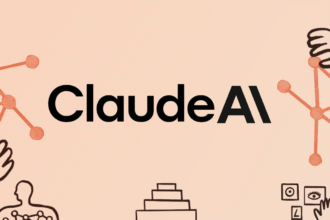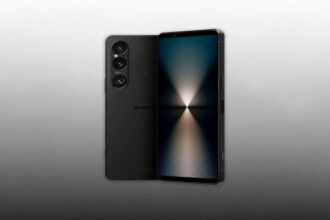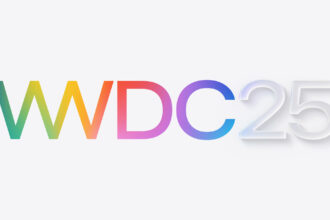Amazon has recently introduced Q, a chatbot powered by artificial intelligence, joining the trend set by tech giants in adopting advanced language models. This development came just a year after OpenAI’s ChatGPT was launched, which went viral. This triggered a surge in the integration of such bots across various industries.
Q is designed to assist businesses in tasks like summarizing lengthy documents or managing group chats, ultimately enhancing productivity. Amazon states that the bot will also offer protection to companies by addressing potential copyright concerns related to its usage. This precautionary measure is a response to high-profile lawsuits against OpenAI, the creator of ChatGPT, which faced allegations of copyright infringement in the training of its system.
Amazon plans to gradually integrate Q into its main business applications, aiming to attract more companies to leverage its cloud computing services. The chatbot’s capabilities extend beyond document summarization, including answering customer queries, generating charts, analyzing data, and assisting with coding needs.
The competition among tech giants in the AI space has intensified, with Microsoft leading the way following substantial investments in ChatGPT. This made Amazon invest up to $4 billion in Anthropic, an AI firm founded by former OpenAI staff members. Amazon owns Mechanical Turk, a service that crowdsources the training of AI models.
How about Copyright infringement?
Amazon assures businesses that Q will safeguard them from potential legal disputes. Just as we’ve seen with recent lawsuits filed by Sarah Silverman against OpenAI and Meta. Authors claimed that their works were used without permission to train ChatGPT and Meta’s Llama AI system.
Although the judge dismissed much of Silverman’s lawsuit in November, there is a broader debate around compensating authors and the proper use of copyrighted materials if AI companies must utilize their creative works.














